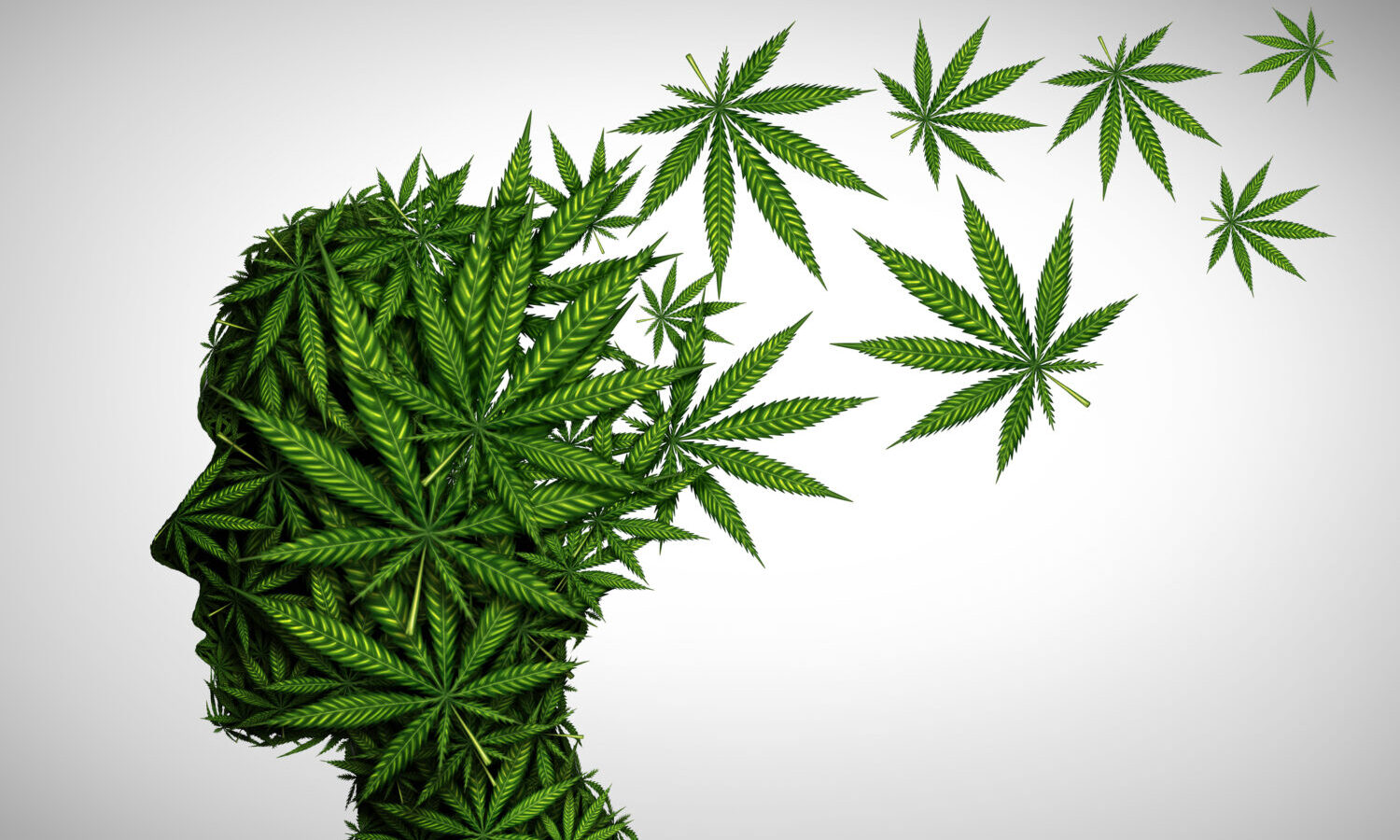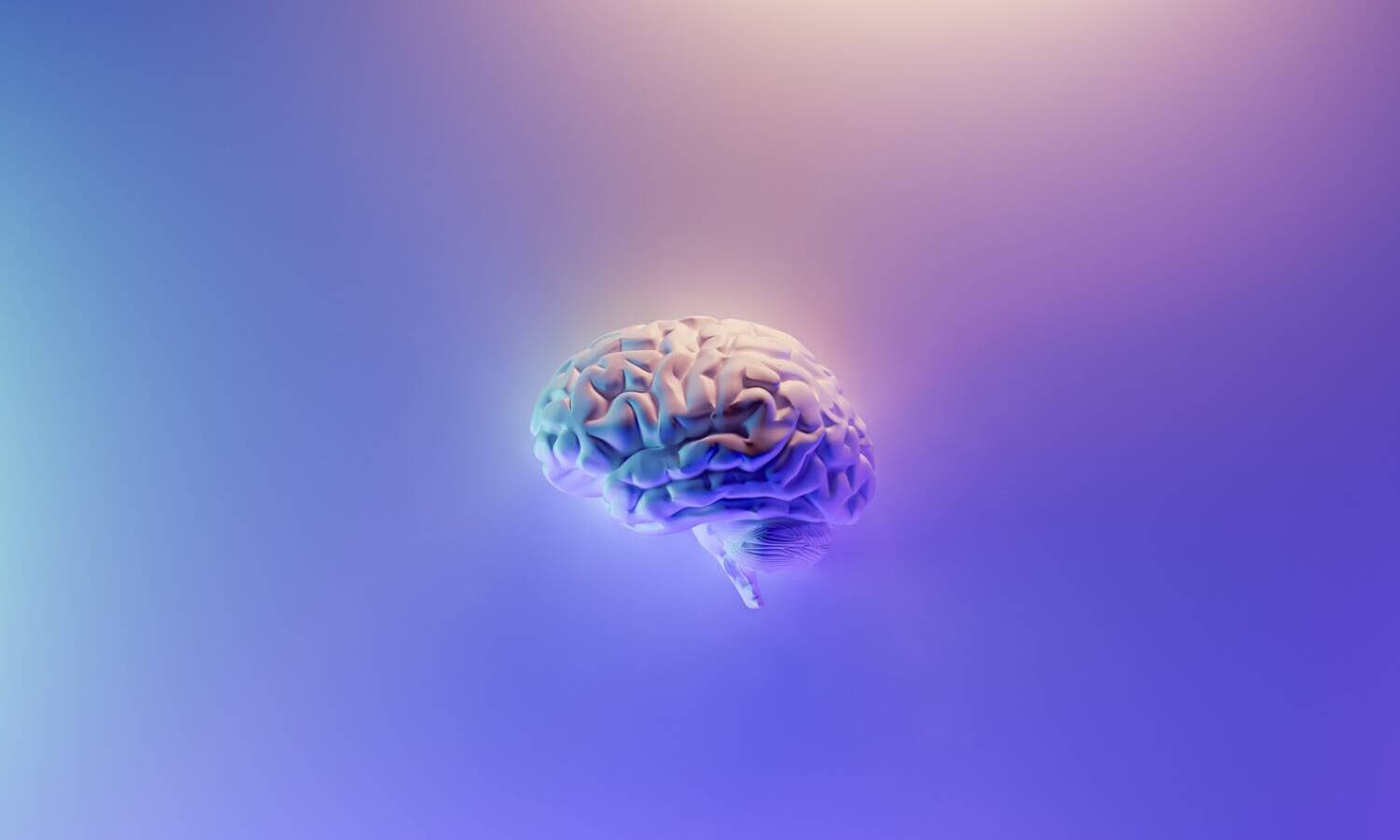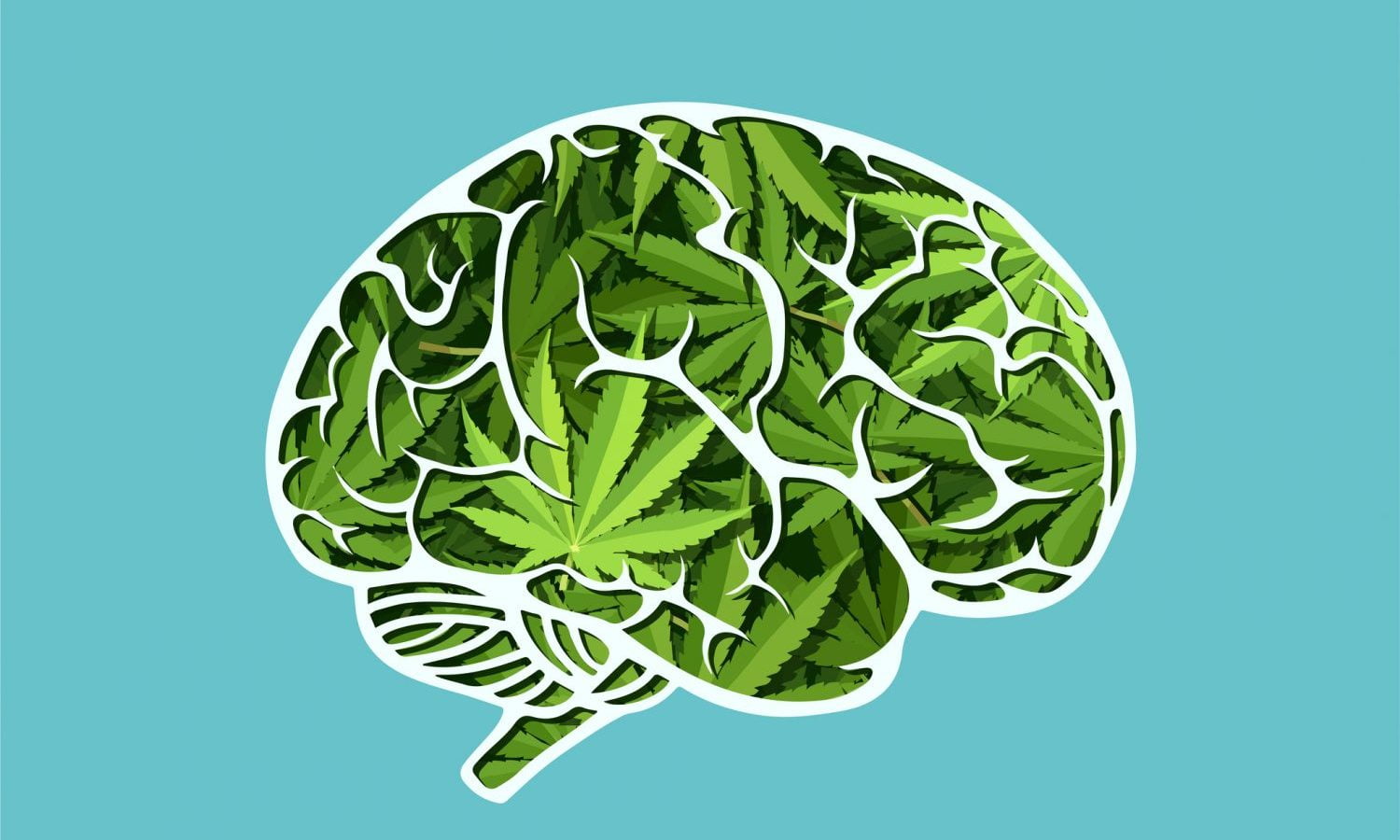
Cannabis helps protect the brain from injury and long-term problems – here’s how
Neuroplasticity is the medical term for the brain’s ability to adapt and change to its environment and experience. The neuronal networks in the brain can change, organize and even form new connections due to their malleability.
It is well known that younger brains, such as those of children, are generally more malleable. Their brains are more sensitive to experience than older adults. Aging causes the brain to degenerate over time due to a lack of brain cells, leading to conditions like Alzheimer’s.
However, science tells us that older adults are still capable of experiencing neuroplasticity, particularly with the help of cannabinoids. Our own brain also contains cannabinoid receptors. So when we consume cannabinoids, studies show that it can help create new brain cells, forge new synapses, and ensure the viability of existing brain cells.
Photo by Bulat Silvia/Getty Images
Certain negative experiences, such as stress, trauma, and depression, can weaken synapses in the brain, resulting in impaired memory, learning, and overall plasticity. Meanwhile, physical illnesses like stroke, inflammation (due to diet or stress), traumatic brain injury (TBI), and others can also impair the brain’s ability to heal itself and make new connections.
Cannabis can help here too. Here’s what the studies have to say.
Cannabinoids reduce plaque proteins that lead to Alzheimer’s disease
A 2016 study conducted by researchers at the La Jolla Salk Institute discovered that tetrahydrocannabinol (THC), as well as other cannabinoids, can help get rid of amyloid beta, a protein thought to be toxic because of its accumulation, especially in aging brains can lead to Alzheimer’s. The presence of amyloid beta is a hallmark feature of Alzheimer’s.
“Although other studies have provided evidence that cannabinoids may be neuroprotective against the symptoms of Alzheimer’s, we believe our study is the first to show that cannabinoids affect both inflammation and amyloid beta accumulation in nerve cells,” explains senior author David Schubert.
They also found that high levels of amyloid beta were associated with cellular inflammation and a higher risk of neuron death.
 Photo by Milad Fakurian via Unsplash
Photo by Milad Fakurian via Unsplash
Cannabis protects neurons in injured brains and traumatic brain injury (TBI)
A 2012 study involved researchers intentionally causing injuries to the brains of rodents. They did this by being repeatedly exposed to MDMA, carbon monoxide and pentobarbital.
The rodents were given a low dose of THC at a ratio of 0.002 mg per kilogram of body weight. They found that just a low dose protected against damage to neurons, which are the cells in the nervous system responsible for transmitting signals and helping us with memory, thinking, movement and other cognitive functions.
RELATED: Can Cannabis Keep Your Brain Young?
A 2019 study published in the medical journal Brain Injury found that while cannabis use had no effect on recovery time in people who suffered a concussion, it was associated with a reduction in symptom burden, particularly in the 3rd and 4th week after injury .
Additionally, a July 2020 literature review found that “cannabinoid use in TBI increases neurobehavioral function and working memory performance.” They explain that this is achieved by “downregulating pro-inflammatory markers, creating edema and permeability of the blood-brain barrier, preventing neuronal cell loss, and upregulating levels of adhesion junction proteins.”
Cannabis helps with neurogenesis
Neurogenesis is the name given to the process of creating new brain cells. Neurogenesis plays an important role in improving synaptic plasticity, regulating our moods, and better memory.
There are several studies showing how cannabis contributes to neurogenesis. In a study from Italy, scientists discovered that cannabichromene (CBC), one of the lesser-known cannabinoids in marijuana, may actually contribute to the growth of brain cells through neurogenesis.
RELATED: Highly concentrated THC balanced with CBD is better for your brain, study shows
In another study conducted by researchers at the University of Saskatchewan in Canada, they tried to understand how cannabinoids affect the brain. Mice were injected with a synthetic drug called HU210, which is 100 times more potent than THC. A chemical tracer was then used to monitor new cell growth. They found that HU210 is effective in promoting the growth of new brain cells, in a similar way to how antidepressants work. “Most “drugs of abuse” suppress neurogenesis,” says Dr. Zhang, who participated in the study. “Only marijuana promotes neurogenesis.”
 Photo by Feodora Chiosea/Getty Images
Photo by Feodora Chiosea/Getty Images
Other studies show that cannabidiol (CBD) is just as beneficial for the brain as THC, but both CBD and THC have neurogenic properties. “The pro-neurogenic effects of CBD could explain some of the beneficial therapeutic properties of CBD-based compounds,” German scientists reported back in 2010. In addition, like other compounds in the cannabis plant, CBD and THC have antidepressant properties. that help people adapt to stress and injury.
Cannabis helps in healing mental disorders
Many mental illnesses are affected by neuroplasticity. The first is post-traumatic stress disorder, which is characterized by recurring nightmares, severe anxiety and flashbacks. Trauma can change the actual structure of one’s brain, so there is a physical explanation for the changes in how the brain works.
RELATED: Should cannabis products come with mental health warnings?
Studies show that cannabis can help heal the brain and thereby heal people from PTSD. A recent study found that CBD can increase blood flow to the brain and positively affect memory processing. “There is evidence that CBD can help reduce symptoms of psychosis and anxiety. There is evidence that CBD may improve memory function,” says the study’s lead author, Dr. Michael Bloomfield.
“Additionally, CBD alters how the brain processes emotional memories, which could help explain its putative therapeutic effects in PTSD and other psychiatric disorders,” he adds.
Conclusion
With all the valuable mechanisms that cannabis can help the human brain, it is certainly an excellent all-natural way to support our cognitive functions while also healing emotional stress or brain injury. Making cannabis a part of your wellness regimen is a great way to give your brain the support it needs.
This article originally appeared on Cannabis.net and has been republished with permission.

Post a comment: